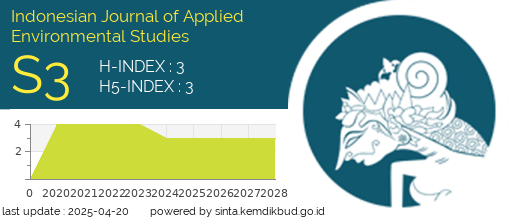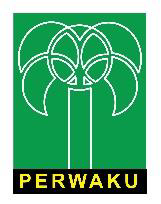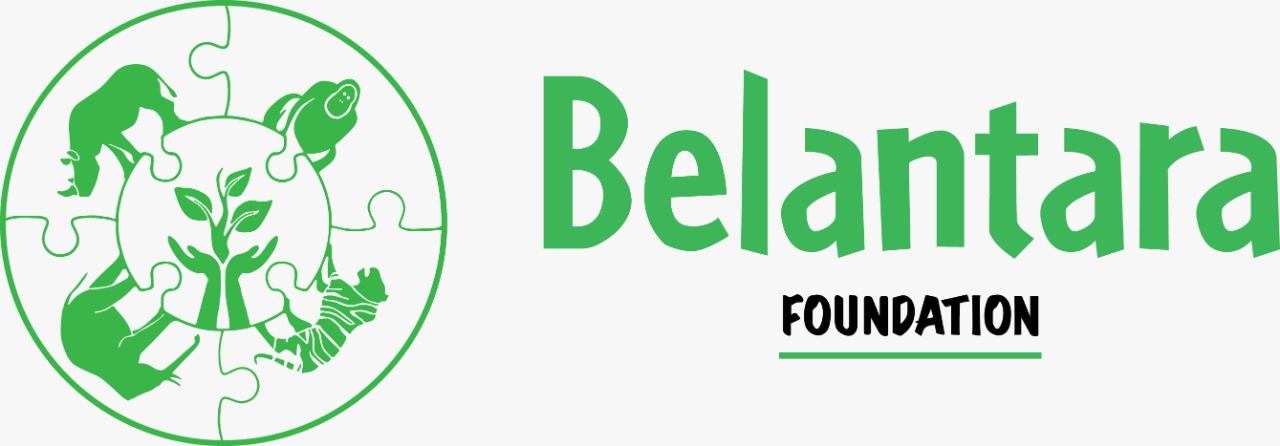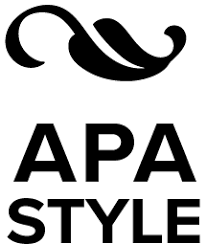Implementation of the 3R Waste Disposal (TPS-3R) program in Tanah Sareal District, Bogor City
DOI:
https://doi.org/10.33751/injast.v6i1.28Keywords:
Bogor City, CIPP, TPS-3R, waste reductionAbstract
Rapid population growth has generated significant environmental challenges, particularly in waste management, which remains a national strategic issue in Indonesia. Waste management is regulated under Law No. 18 of 2008 on Waste Management and strengthened through Presidential Regulation No. 97 of 2017, which outlines the National Policy and Strategy for Household Waste and Similar Waste Management. One approach to reducing household waste is the TPS-3R (Reduce, Reuse, Recycle) program, which emphasizes minimizing waste volumes and improving waste characteristics prior to disposal at final landfill sites (TPA). This study aims to evaluate the performance of the TPS-3R program in Bogor City in terms of its effectiveness in reducing household waste. The evaluation applied the CIPP model (Context, Input, Process, and Product). The findings show that the Context aspect is strong, as the program aligns with national regulations, has a clear legal foundation, and meets the objective of reducing waste at its source through community participation. The Input aspect is adequate but requires improvement: TPS-3R facilities generally meet basic standards; however, human resources are still limited, with managerial and technical roles often carried out concurrently, and maintenance funding remains insufficient. The Process aspect is also rated adequate: available facilities are only utilized at 50–70%, while training and capacity building for TPS-3R managers are conducted more than three times annually. Funding primarily relies on community contributions, government allocations, and revenues from recyclable products. The Product aspect shows partial success: TPS-3R facilities contribute to waste reduction and generate by-products that provide supplementary income, yet overall waste reduction targets outlined in the Regional Waste Management Strategy (Jakstrada) have not been fully met. In conclusion, optimizing both input and process components is crucial to enhance TPS-3R performance and achieve the national target of reducing waste by 30% by 2025.
References
Afiandra, A. (2009). Study of community participation carrying out 3R waste management in Ngaliyan and Kalipancur villages, Semarang City [thesis]. Universitas Diponegoro, Semarang, Indonesia.
Aprilia, A., Tezuka, T., & Spaargaren, G. (2012). Household solid waste management in Jakarta, Indonesia: A socio-economic evaluation. Waste Management & Research, 30(11), 1067–1074. https://doi.org/10.1177/0734242X12454934
Arikunto, S. (2010). Research Procedure: A Practical Approach (Edisi Revisi). Jakarta: PT Rineka Cipta.
Arikunto, S., & Jabar, C. S. A. (2008). Evaluasi Program Pendidikan: Pedoman Teoritis Praktis bagi Mahasiswa dan Praktisi Pendidikan (Edisi 2). Jakarta: PT Bumi Aksara.
Bogdan, R. C., & Biklen, S. K. (1997). Qualitative research for education: An introduction to theory and methods (3rd ed.). Boston, MA: Allyn and Bacon.
Fauziah, E. N., Sari, M. M., & koko, I. W. (2023). Possibility of municipal waste management with Refuse-Derived Fuel (RDF) mixed paper and garden in Depok City. Indonesian Journal of Applied Environmental Studies, 4(1): 33-38.
Freesari, S. (2004). Integrated urban waste management technology on a regional scale towards environmentally friendly regional development: Integrated waste management study paper, implementation and regional readiness in cross-district regional waste management. Semarang, Indonesia: Environmental Engineering Study Program, Universitas Diponegoro.
Government of Indonesia. (2008). Law of the Republic of Indonesia Number 18 of 2008 concerning waste management. State Gazette of the Republic of Indonesia No. 69.
Istiadi, Y., & Priatna, D. (2021). Analysis of the determinants and typology of hydrometeorological disaster in Sukajaya Subdistrict, Bogor Regency, West Java, Indonesia. Indonesian Journal of Applied Environmental Studies, 2(1): 41-46.
KLHK. (2019). National report on solid waste management in Indonesia. Directorate General of Waste, Hazardous Waste, and Hazardous Substances (PSLB3), Ministry of Environment and Forestry, Jakarta.
Listianti, E., & Sutanto. (2024).The effectiveness of using a combination of eggshell waste and natural zeolite as an adsorbent for treating laundry waste. Indonesian Journal of Applied Environmental Studies 5(1): 35-41.
Miles, M. B., & Huberman, A. M. (2012). Analisis Data Kualitatif: Buku Sumber Tentang Metode Baru (T. R. Rohidi, Trans.). Jakarta, Indonesia: UI Press.
Nugroho, T., Pradana, A. S., & Hidayat, Y. (2023). From landfill dependency to circular economy: Evaluating municipal solid waste management in Indonesia. Waste Management & Research, 41(3), 412–425.
Prasetyo, H., & Sari, D. R. (2022). Estimating waste generation and its implications for urban environmental management. Environmental and Sustainability Indicators, 14, 100208.
Rahardyan, B., Matsuto, T., Kakuta, Y., & Tanaka, N. (2021). Municipal solid waste characteristics and management in Indonesia. Waste Management, 121, 177–189.
Raharjo, S., Matsumoto, T., Ihsan, T., Rachman, I., & Gustin, L. (2017). Community-based solid waste bank program for municipal solid waste management improvement in Indonesia: A case study of Padang city. Journal of Material Cycles and Waste Management, 19(1), 201–212. https://doi.org/10.1007/s10163-015-0401-z
Sasaki, S., & Araki, T. (2013). Employer–employee and buyer–seller relationships among waste pickers at final disposal sites in developing countries. Resources, Conservation and Recycling, 65, 54–69. https://doi.org/10.1016/j.resconrec.2012.05.007
Stufflebeam, D. L., & Coryn, C. L. S. (2014). Evaluation theory, models, and applications (2nd ed.). San Francisco, CA: Jossey-Bass.
Sugiyono. (2012). Quantitative Research Methods, Qualitative and R & D. Bandung: Alphabet.
Wilson, D. C., Velis, C., & Cheeseman, C. (2012). Role of informal sector recycling in waste management in developing countries. Habitat International, 30(4), 797–808. https://doi.org/10.1016/j.habitatint.2005.09.005
Zurbrügg, C., Gfrerer, M., Ashadi, H., Brenner, J., & Kühr, R. (2012). Determinants of sustainability in solid waste management – The Gianyar Waste Recovery Project in Indonesia. Waste Management, 32(11), 2126–2133. https://doi.org/10.1016/j.wasman.2012.01.011
Downloads
Published
How to Cite
Issue
Section
License
Copyright (c) 2025 Indonesian Journal of Applied Environmental Studies

This work is licensed under a Creative Commons Attribution-NonCommercial-ShareAlike 4.0 International License.


















